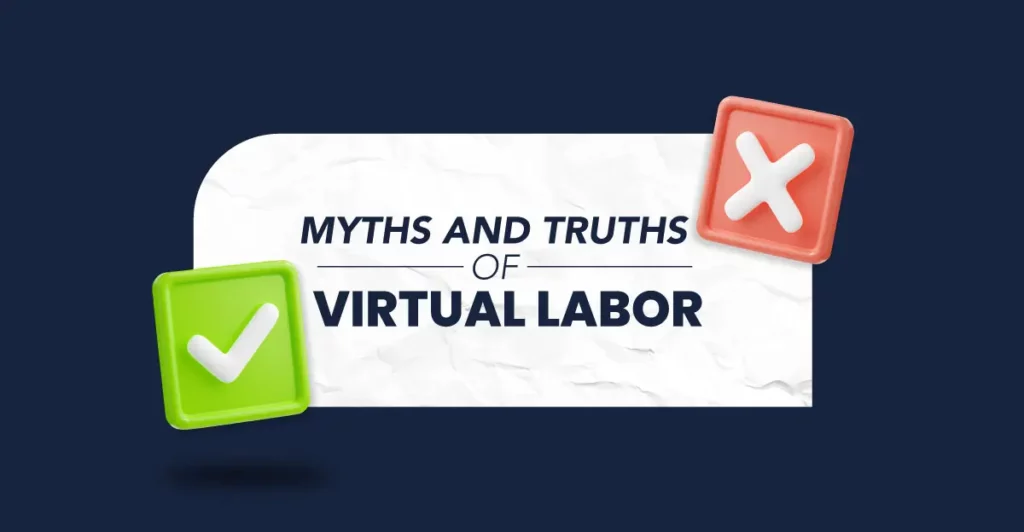Debunking Misconceptions to Make Informed Business Decisions
Outsourcing (virtual labor) is a popular business strategy that aims to cut costs and increase efficiency. Despite its advantages, many companies have misconceptions about outsourcing that prevent them from adopting it. This article will debunk some common myths and reveal the truth about outsourcing.
Myth #1: Outsourcing is Only for Large Companies
Truth: Although large companies may have more resources to devote to outsourcing, businesses of all sizes can utilize outsourcing as a strategy. In fact, small and medium-sized businesses can benefit greatly from outsourcing by gaining access to specialized expertise and resources that may not be available in-house. By outsourcing, businesses can focus on their core competencies and increase efficiency, while also reducing costs.
Myth #2: Outsourcing is Only for Cost Savings
Truth: While cost savings are a significant benefit of outsourcing, it’s not the only reason companies choose to outsource. Outsourcing can also help companies to access specialized expertise and resources, increase efficiency, and focus on core competencies.
Myth #3: Outsourcing is Only for Certain Industries
Truth: Outsourcing can be utilized by businesses in a variety of industries, from IT and healthcare to retail and finance. The key is to identify which non-core functions can be outsourced to third-party providers, and which are best kept in-house.
Myth #4: Outsourcing Results in Job Losses
Truth: While outsourcing may result in some job losses, it can also lead to job creation. By outsourcing non-core functions, companies can free up resources to invest in their core competencies, which can lead to business growth and the creation of new jobs.
Myth #5: Outsourcing Results in Lower Quality Work
Truth: Outsourcing can lead to higher quality work by accessing specialized expertise and resources not available in-house. However, selecting the right outsourcing provider and establishing clear communication and quality control protocols are crucial to ensure the work meets the company’s standards.
In conclusion, outsourcing is a valuable strategy to reduce costs, increase efficiency, and focus on core competencies. Despite myths and misconceptions, outsourcing can be utilized by companies of all sizes and industries. By understanding the truths and dispelling the myths of outsourcing, businesses can make informed decisions about this strategy.




